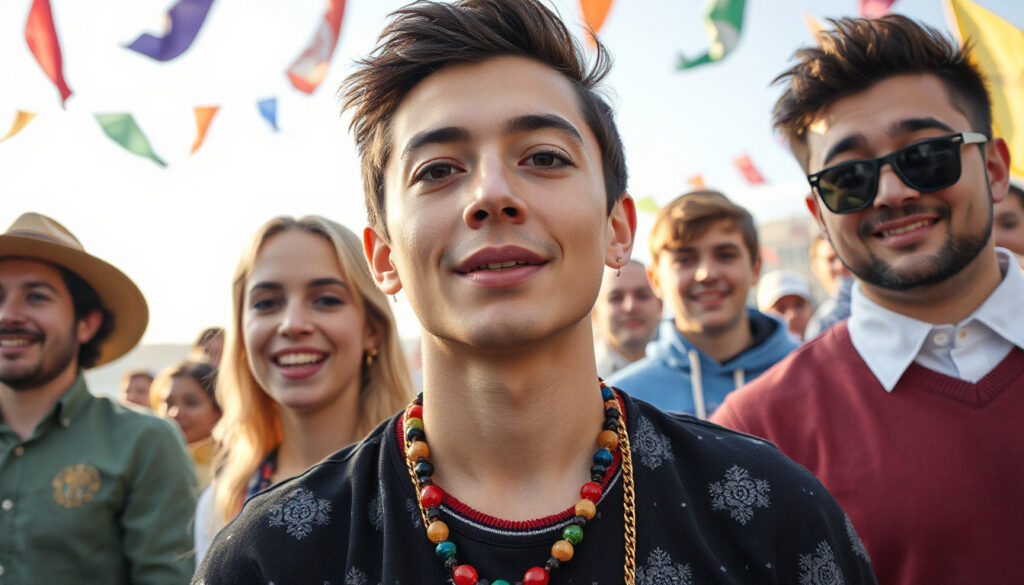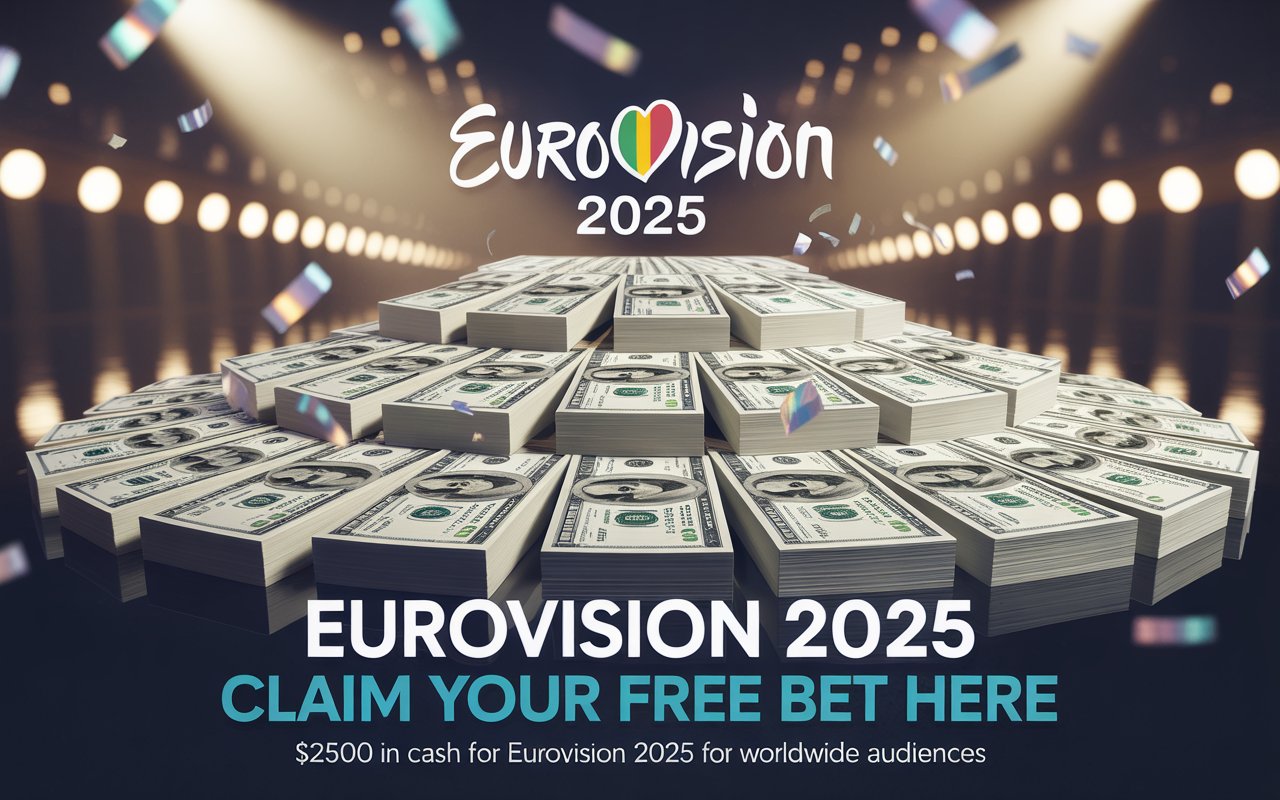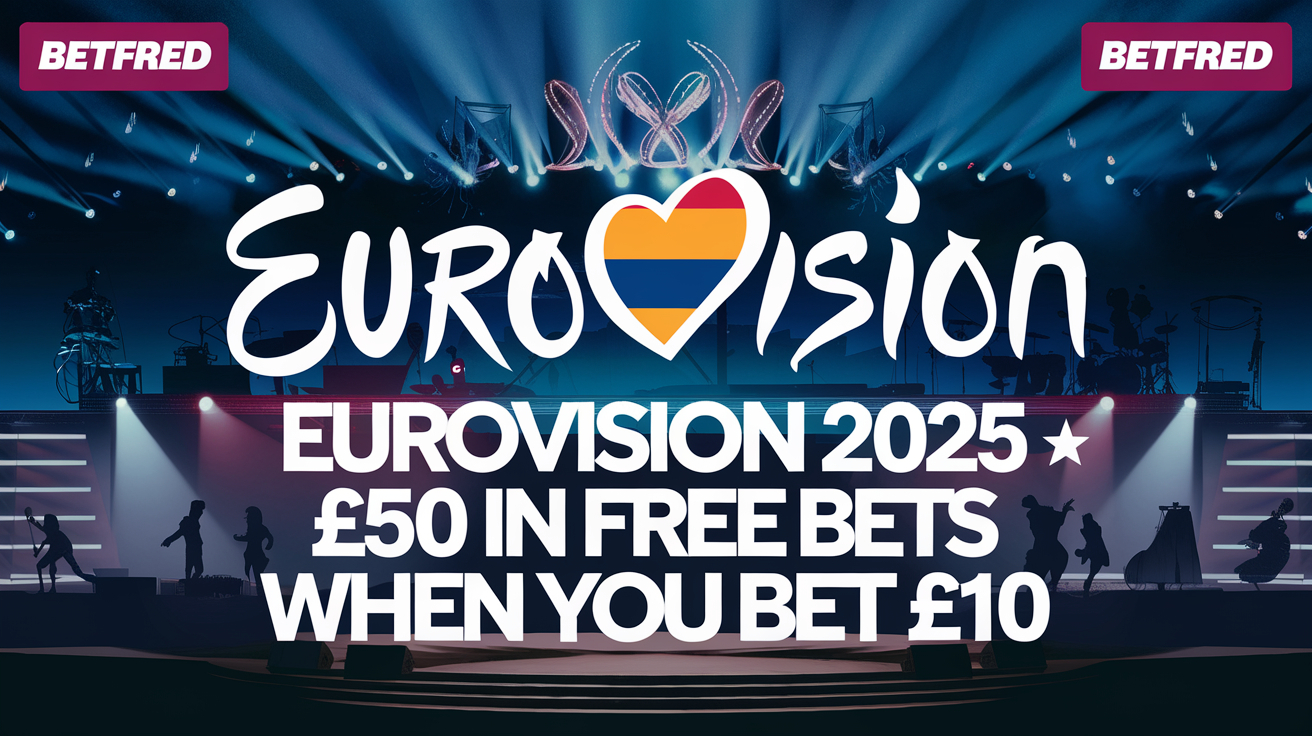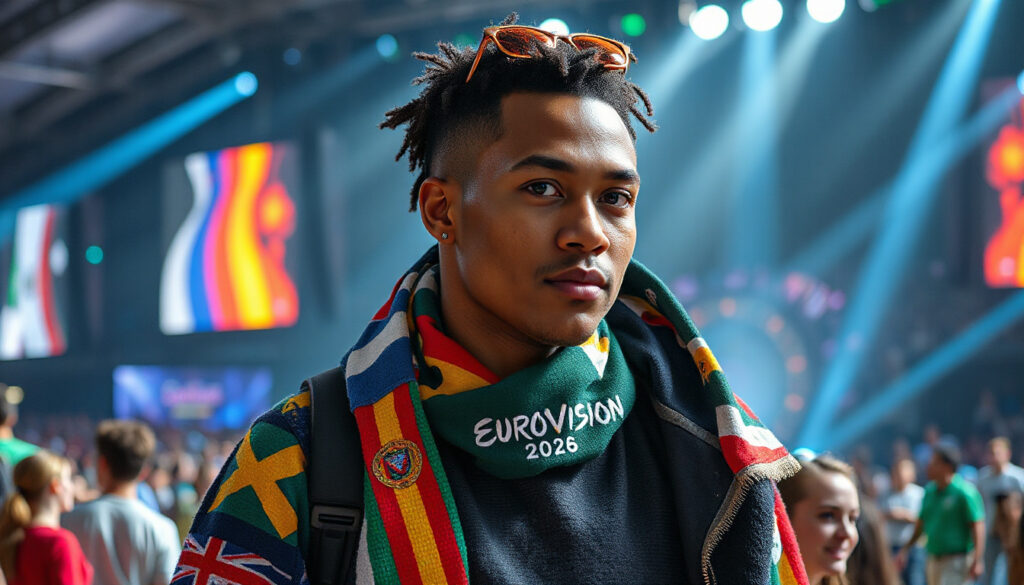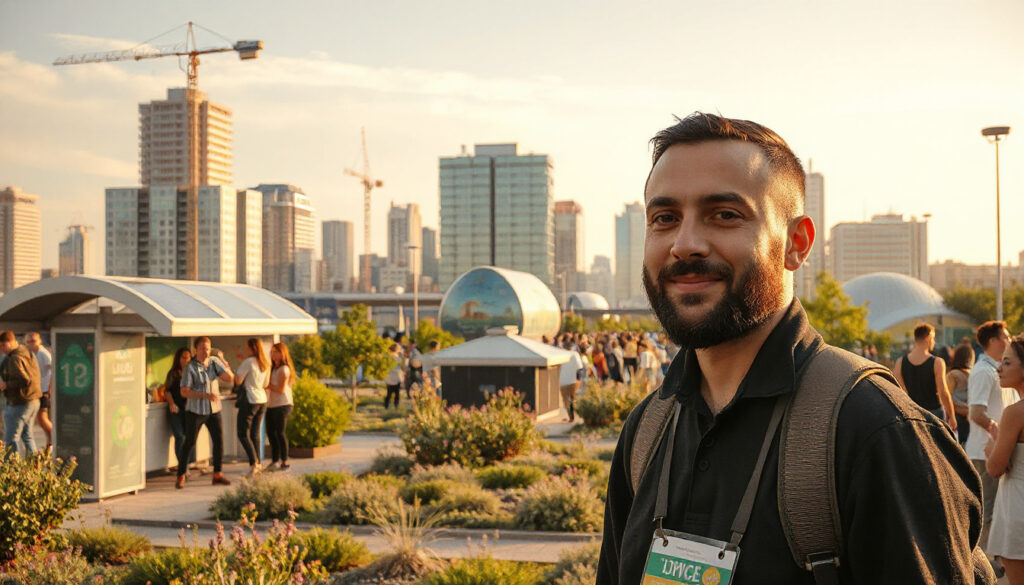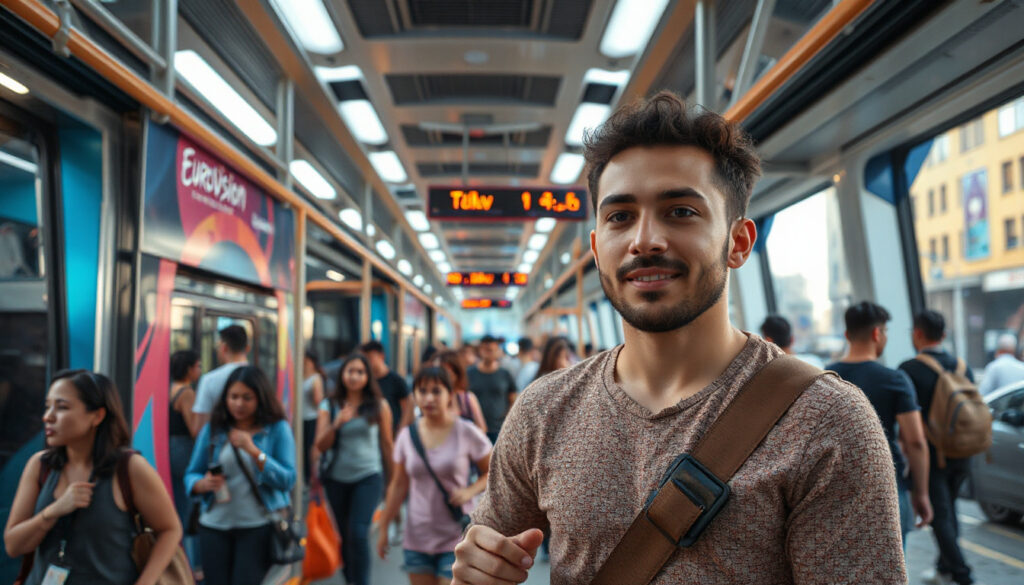and Representation
The Eurovision Song Contest is more than a singing show. It is a stage where identity, belonging, and politics meet. As Eurovision 2026 nears, the event faces hard challenges on diversity and representation. It makes us ask what it means to celebrate European culture in the 21st century.

Key Themes and Insights
Looking at Eurovision 2026 with a focus on diversity and representation brings up several linked ideas:
-
Geopolitical Tensions Affecting Participation and Inclusivity
Political tensions connect directly with the contest. Israel’s spot in the show clashes with ongoing conflicts in the Middle East. Some countries push for boycotts or withdrawal. This issue shows how politics can shape cultural events and test inclusivity. -
The EBU’s Claim of Political Neutrality vs. Political Realities
The European Broadcasting Union stands by a non-political view when organizing the show. History and current debates, however, show that the contest ties in with political identities and social values. The links between culture and politics remain hard to break. -
Eurovision as a Platform for Queer Representation
Eurovision stands high as a sign for LGBTQ+ visibility worldwide. Yet, limits on pride symbols and new rules on performance bring tension. Artists find it difficult to show their true identity on stage. -
Balancing Western European Traditions with Broader Regional Inclusion
The contest grew from Western European roots but now welcomes countries outside that area. Nations like Israel and Australia join the event. This growth makes it hard to keep a clear idea of what it means to be "European," while also asking for new cultural stories. -
Negotiating Representation Amid Sociopolitical Controversy
Some rules ban symbols like the EU flag, and different broadcasters choose to join or skip the event. These choices show a fight to keep the contest inclusive, even when political divides run deep.
Geopolitical Challenges and Their Impact on Eurovision 2026
Countries such as Slovenia, Ireland, The Netherlands, and Spain share their refusal to join Eurovision 2026 if Israel competes. This view recalls the Russian ban in 2022 when Ukraine was in conflict with Russia. Cultures become a space for protest in these cases. Such moves present a hard choice: how to keep a show that celebrates unity and diversity when members are split in their views.
Austria, which will host Eurovision 2026, sits in a sensitive spot. Its officials urge for a full participation of all countries. They worry that skipping entries will push divisions further and not fix deeper humanitarian issues. Here, music is seen as a chance to start talks and find common ground.
Eurovision’s Political Neutrality and Its Complexities
The EBU states that the show stays clear of politics. Yet, history shows that culture and politics remain tightly linked. The contest also depends on EBU membership, not strict geography. This rule lets Israel and Australia join because they meet the broadcaster rules. Such links bring up debates on identity, especially when local conflicts appear.
With about 160 million viewers each year, the show grows in meaning. Eurovision helps form ideas about European culture and political values. These ideas are built, challenged, and reformed in the public view.
Representation of Diversity and Queer Visibility
Eurovision connects deeply with its global fans, including many from LGBTQ+ communities. The event shows queer talent, like when Austria’s bearded drag performer won in 2014. Yet, limits on pride flags and symbols make some feel unable to express their full identity. This situation has led to disagreements on how much diversity should show.
Some measures seem to try to keep all countries on board. For example, Hungary has not taken part since 2019. Its government sees the display of queer symbols as too strong. Such disagreements remind us that national politics affect how each country joins the contest.
Controversies also come up around symbols like the EU flag on stage. These symbols, which show unity and shared ideas, are watched closely to keep all viewers comfortable.
Embracing Complexity: What Eurovision 2026 Can Teach About Diversity
Eurovision 2026 sits at a busy crossroads. The contest shows the hard work behind a wide celebration of culture:
-
Representation goes beyond sight. True diversity needs different political, cultural, and social views. The contest now must work hard to show Europe in its many forms.
-
Inclusivity deals with real political views. Even when the EBU aims to avoid politics, the event lives within strong political settings. Holding the show as a meeting point means accepting these political links.
-
Diversity covers both culture and identity. LGBTQ+ visibility is a key part of Eurovision. The challenge remains to show all forms of diversity when some members hold different ideas.
-
Cultural events can start talks. Hosting Eurovision in Vienna in 2026 gives a chance for artists, broadcasters, and fans to meet differences with respect and care.
Practical Takeaways for Eurovision Enthusiasts and Stakeholders
If you follow Eurovision 2026 or work behind the scenes, here are some simple tips:
- Stay updated on who takes part. Keep track of decisions on joining or boycotting the event. Such moves reflect larger political moods.
- Support varied representation. Praise the artists and shows that bring different cultures, identities, and ideas to the stage. The event shows more than just music; it reflects our shared stories.
- Talk with care about political views. Know that the contest holds many ideas at once. Listening to different sides helps keep respect in the conversation.
- Use art and culture to build talks. The show can be a place where differences start new talks. Join events and local groups that explore these discussions.
- Watch how the EBU meets these issues. The policies on symbols and participation signal changing ideas on diversity for the global stage.
Final Thoughts
Eurovision 2026 shows the hard work of celebrating diversity when cultural and political lines stay clear. It reveals that true representation means constant work, care, and open hearts. As the contest prepares to light up Vienna, it is not just a musical show but a mirror of Europe’s many faces. Accepting this mix can make Eurovision an even more meaningful event that shows real diversity in all its ways.
Are you ready to see Eurovision 2026 with fresh eyes on diversity and representation? Follow the official channels, join fan groups, and back shows that bring different views forward. Your interest and voice help shape the future of this famous event.
